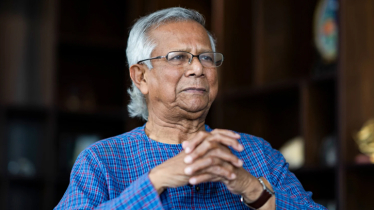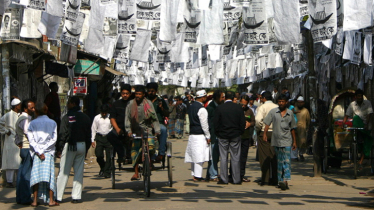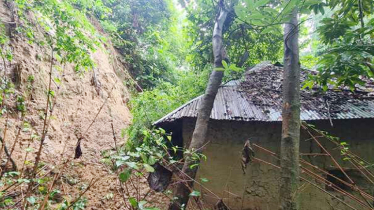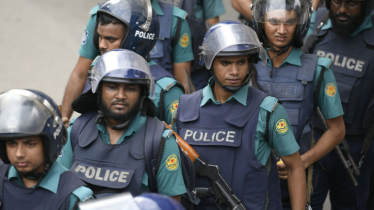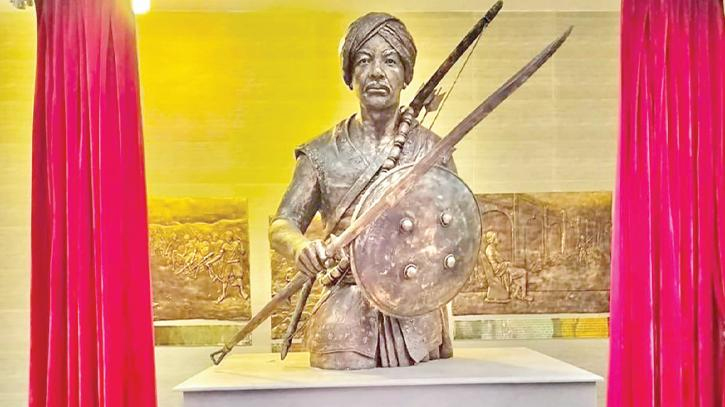
Photo : Collected
Hardly anybody knows of a braveheart Khasi Raja martyred in Dhaka when the region was under East India Company’s rule, ‘Diwani of Bengal’ of 1765.
The unsung hero, U Tirot Sing, leader of the fiercest Khasi in Meghalaya, fought the British for more than four years (1829-1833) to protect the independence of the Khasi Hills from the British invaders.
The rebellion against the British was much before the historic Sepoy Mutiny in Dhaka in 1857.
Sing is celebrated as the hero of the Khasi Hills and is esteemed for his unparalleled warfare tactics, bravery, and unyielding resistance against the British colonial invasion.
For nearly 190 years, U Tirot Sing was captured by the British East India Company troops. He was jailed for treason, sedition and waging war against the British Raj in January 1833.
For nearly 190 years, his death and whereabouts remained mysterious to those who were revered as a warrior-hero for two centuries.
Historian David Syiemlieh went from one archive to another in Dhaka, Kolkata and Delhi for years. He finally stumbled upon documents which indicated that he was imprisoned in Dhaka.
He was treated as an ordinary prisoner, but later, the British Raj, in respect of the Khasi Raja, extended due honour. Sing was kept in a bungalow in Dhaka. Historians failed to ascertain the location of the safe house in Dhaka.
As an authority on the life of U Tirot Sing and the history of the Anglo-Khasi war, Syiemlieh believes that he did not die in Dhaka Central Jail, in old Dhaka.
As of now, Sing’s death remains a mystery which has not been solved. However, there is a conspiracy theory that he might have been poisoned.
On February 16, amid a colourful event, a life-size statue of the anti-British indomitable warrior was unveiled at the Indira Gandhi Cultural Centre in Dhaka.
The memorial on Sing was to honour the heroic martyrdom on July 17, 1835, the first braveheart U Tirot Sing in the Indian sub-continent, who steadfastly emerged as a symbolic figure of the Khasi’s spirit and resilience.
The warrior fought the British with traditional bows, arrows, spears and swords. Historians say the Anglo-Khasi War is the first recorded history of guerrilla warfare in India.
Sing possibly wanted to return to the hill forests, but unfortunately for the confinement, he died in a city of concrete.
Inspired by the Khasi rebellion, Bengal followed suit against the British dominance in India. After a couple of decades, Bravehearts of Bengal decided to face off with the British Raj. A series of incidents occurred. The Chattogram Armoury Raid (1930), Sepoy Mutiny in Dhaka (1857), Army Revolt in Barrackpore (1857) and Bengal Army mutiny in Meerut (1857).
Salute to braveheart warrior Syiem Tirot Sing’s spirit of martyrdom possibly inspired the Mukti Bahini to liberate Bangladesh from the occupation of Pakistan forces.
Messenger/Fameema




